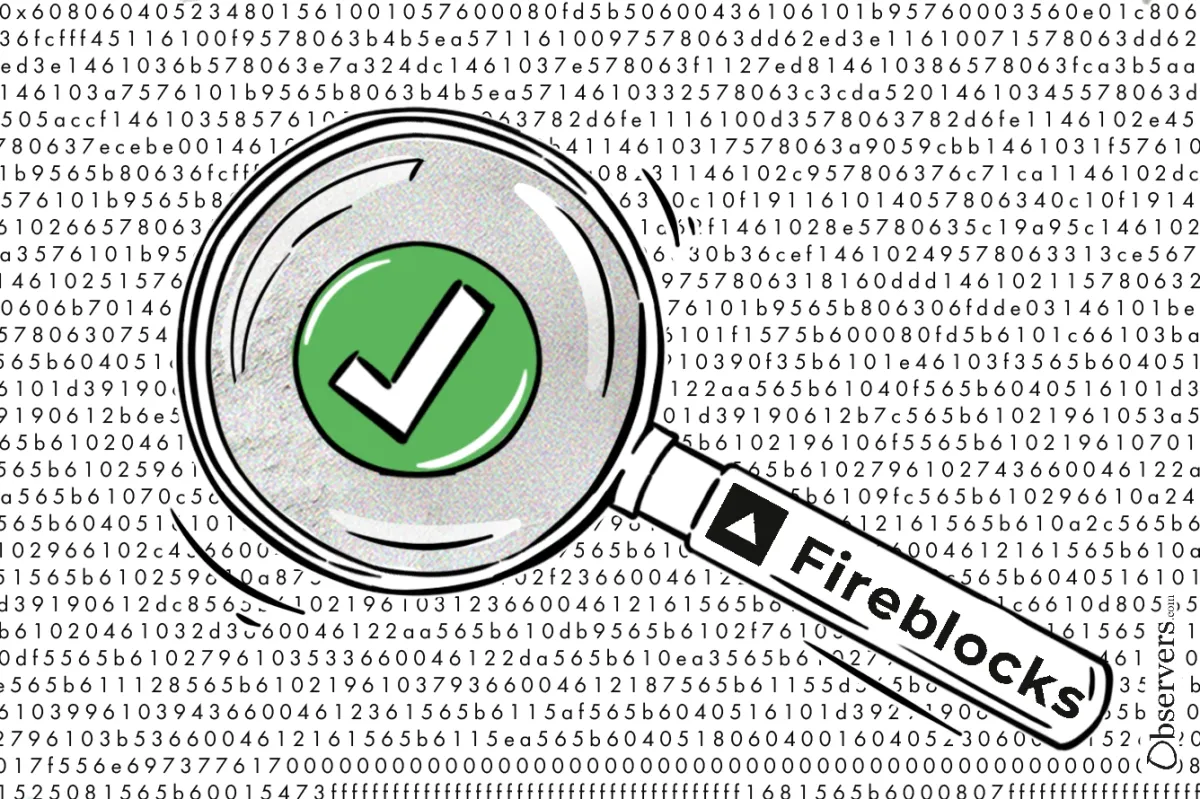
Fireblocks recently added new features to its DeFi security services: dApp Protection and Transaction Simulation. Known for providing infrastructure that helps businesses manage digital assets, Fireblocks works with many financial institutions and has safely managed over $4 trillion in digital asset transactions. The company serves a diverse range of clients, including lending desks, custodians, banks, trading desks, and hedge funds.
The new upgrades focus on enhancing security against a growing number of online threats. Users receive real-time alerts about suspicious smart contracts, phishing websites, and compromised dApps, warning them before they engage. Additionally, users can preview token balance changes from their transactions, adding a layer of clarity and security.
Considering the rise of phishing attacks, especially on the internet and social media, these security features are more essential than ever. Last year, in the United States alone, crypto scams tricked around 320,000 users and drained about $300 million by deceiving them into connecting their wallets to fraudulent websites under the guise of legitimate dApps.
Typically, attacks exploit wallet connections in two main ways: either by hijacking the dApp’s server to take control of the website or by setting up a fake website that mimics a legitimate dApp’s URL, tricking users with its authenticity.
The Fireblocks dApp Protection feature helps users identify potential security issues like misleading URLs, harmful JavaScript, and questionable domain registrations. Since its launch in early access in late 2023, it has flagged several significant threats, including a breach involving a compromised Ledger Kit that allowed attackers to insert malicious code into dApp interfaces.
The Transaction Simulation feature addresses the challenge of decoding contract calls that are not human-readable. It translates complex contract data into straightforward, understandable information, enabling all users to grasp transaction details and their implications on wallet balances before finalizing the deal.
With this feature, Fireblocks wallet users can now see what a transaction actually entails before signing it. If a simple sign transaction could potentially drain assets from your wallet, you would be able to see this before proceeding.
Such features will play an important role in improving the overall user experience with digital asset platforms and, hence, in driving the adoption with a non-tech user base.
Transaction simulation technology is in active development currently and the tools are evolving. Similar to anti-virus programs, the more they work the better they solve the issues. Also, at the moment the simulation tools are designed in a centralized manner, creating a risk of a single point of failure and dependency on a central party. However, we hope to observe decentralized solutions for this important feature in the future.

